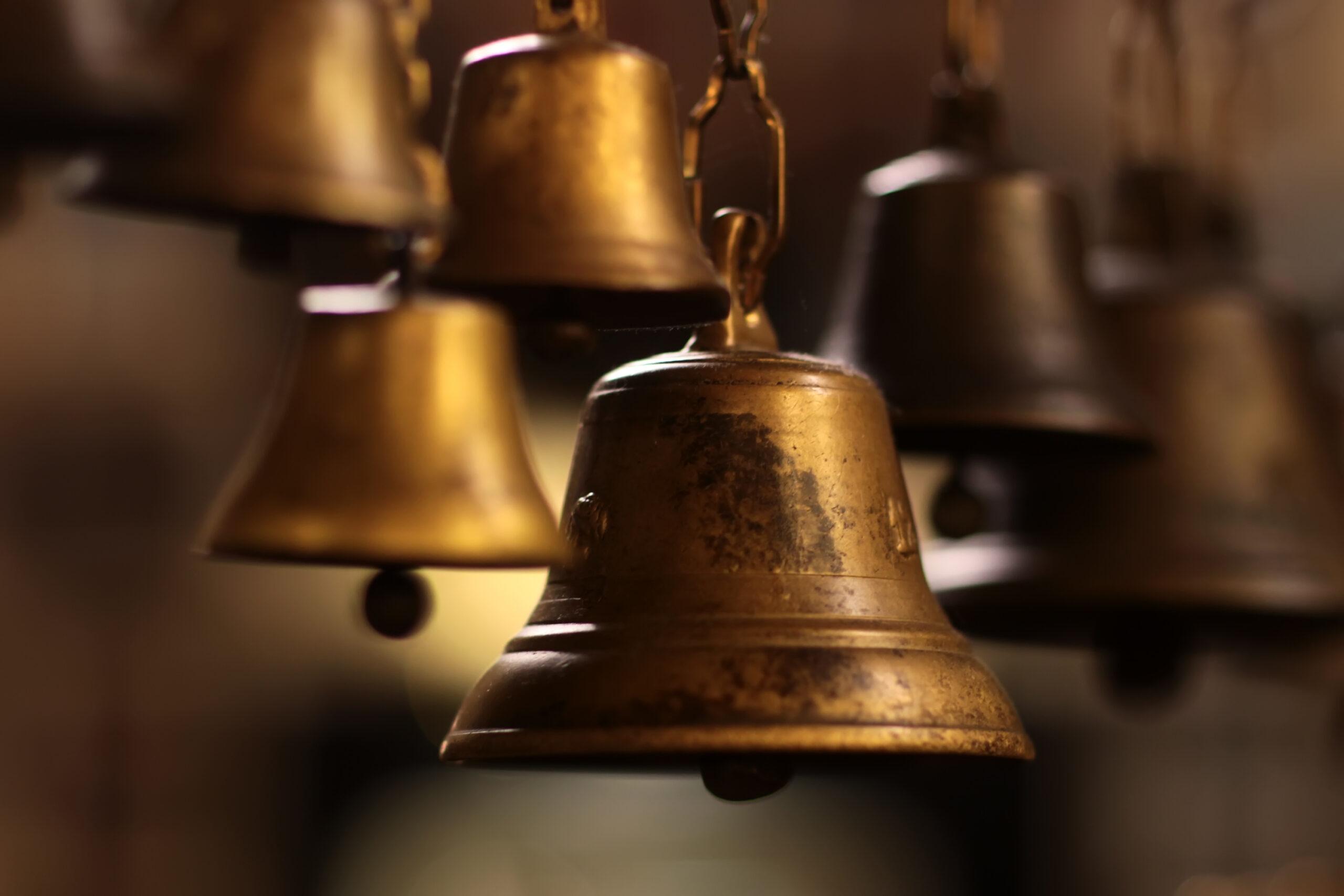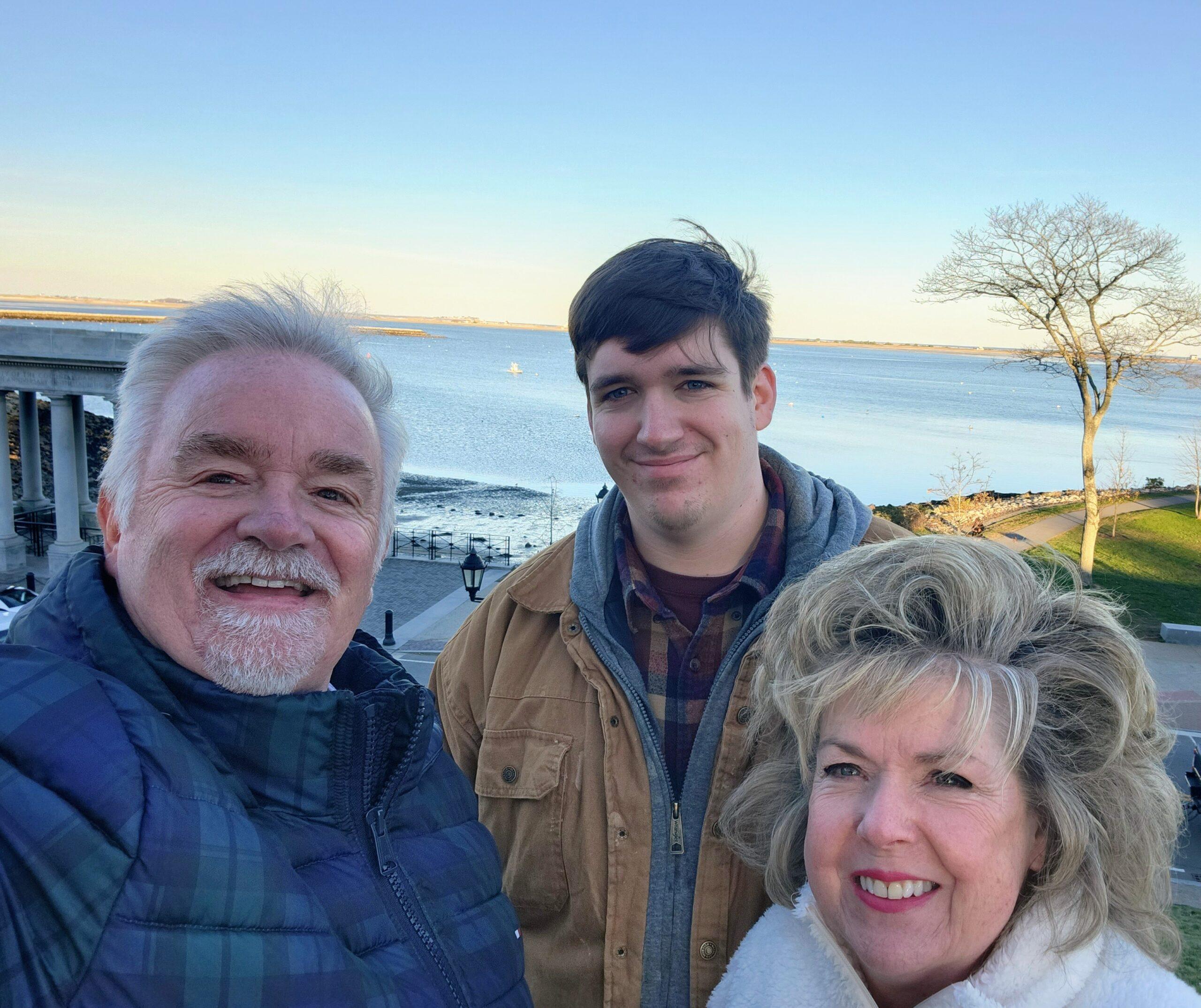
We enjoyed a full Fellowship Hall last evening for the opening session of our Midweek Winter Series: “The Gospel and Gender Ideology.” For those of you who are unable to attend, I will publish a summary of each session today and for the next five weeks, so the blog will be posted on Thursday (instead of Wednesday) for the duration of this series.
My primary goal last night was to outline a solid Biblical and theological framework for our study. When we as Christ followers approach a subject as critical as this in our contemporary culture, it’s vitally important that we do so with the humility to which we have been called. The world doesn’t need any more judgmental finger-pointing, so (to quote from Kyle Dunbar’s closing prayer): “God, please help us remove the log from our own eye.”
Specifically, we discussed the similarities and differences between “sex” and “gender,” just to get us all on the same page in terms of terminology and approach. Then we explored the Bible’s earliest and most foundational teaching on gender from the Creation account in Genesis 1 and 2.
And I’ll share with you here the “starting points” which I shared with the attendees, which spring from my heart’s desire to simply let you know why I believe that all of this truly matters …
1. The message that young people need to stay pure until marriage, and then after that to enjoy the gift of sex “‘til death do us part” – but not really talk about it on church property – is a woefully inadequate view of sexuality from which we must repent. We, as the body of Christ, can do much better than that.
2. As long as sexuality remains a taboo subject in the church, we can’t expect people to understand the deceptions – and outright lies – surrounding it. And there are many. Especially in our contemporary culture, silence is deadly.
3. The void that we create because of topics which we prefer to shy away from, other forces will be happy to fill. Where we as the church fail to disciple, others will gladly do it for us. When the church begins to speak honestly and truthfully about these issues, we’re not reacting to “the world” – we’re embracing what always belonged to God.
4. Because it is intrinsically connected to our personhood, sexuality is linked to spirituality. As our understanding of sexuality is blurred, so will be our understanding of God. So, our goal is to develop a vision of sexuality that is as close to THE truth as possible. Thus, the Bible – God’s Word – will be our highest source of authority for this series (as in all matters of faith and practice).
5. Sexual desires are ultimately a desire for closeness and acceptance. Sexual intimacy is a physical experience that God uses to show us that we have a longing for closeness that only He can fill. This makes all issues which fall under the umbrella of sexuality, ultimately, nothing less than gospel issues. (See Ephesians 5:32.)
6. We are all broken, sexually and otherwise. As sinners one and all, we all stand in need of a perfect Savior.
7. The Cross is the only place in the universe where wholeness can be found. As such, the gospel always lies at the center of our conversation.
8. Jesus died and rose again to make us whole in every way. This includes our sexual wholeness. Christ is deeply invested in this journey, in fact more than we could ever imagine.
9. Both the single and the married are, by nature, sexual creatures. This is a reflection of the image of God which has been imprinted upon us. We share a deep longing for intimacy: to be truly known and yet truly loved.
10. Our sexual wholeness will not be one and done, but will be a continual and gracious work of the Holy Spirit in us.
11. All of my deepest desires were never meant to be met in another person. As I am awakened to the supremacy of the Lord Jesus Christ as the greatest joy I can ever know, I realize that the delights of sexual intimacy are lesser pleasures pointing me heavenward. Sex was never designed to be ultimate end.
12. Two guardrails will aid us on the way: 1) that we seek to be “full of grace and truth”; and 2) that we speak the truth in love.
I explained last evening that I intentionally changed the pronouns from plural to singular as we moved from #10 to #11, as I want each one of us to deeply personalize “the main thing,” and the main thing is always knowing God. All in all, it was a wonderful night. Thanks to all of you who prayed fervently to that end.
If you’re in the Nashville area, you are most welcome to join us for any or all of the remaining sessions. Dinner and childcare will be provided each Wednesday night. I’m finding that Green Hills Community Church offers the sweetest fellowship around, and I don’t want any of you to miss the great things that the Lord is doing in our midst.
May Jesus Christ be praised!
Pastor Charles











Recent Comments